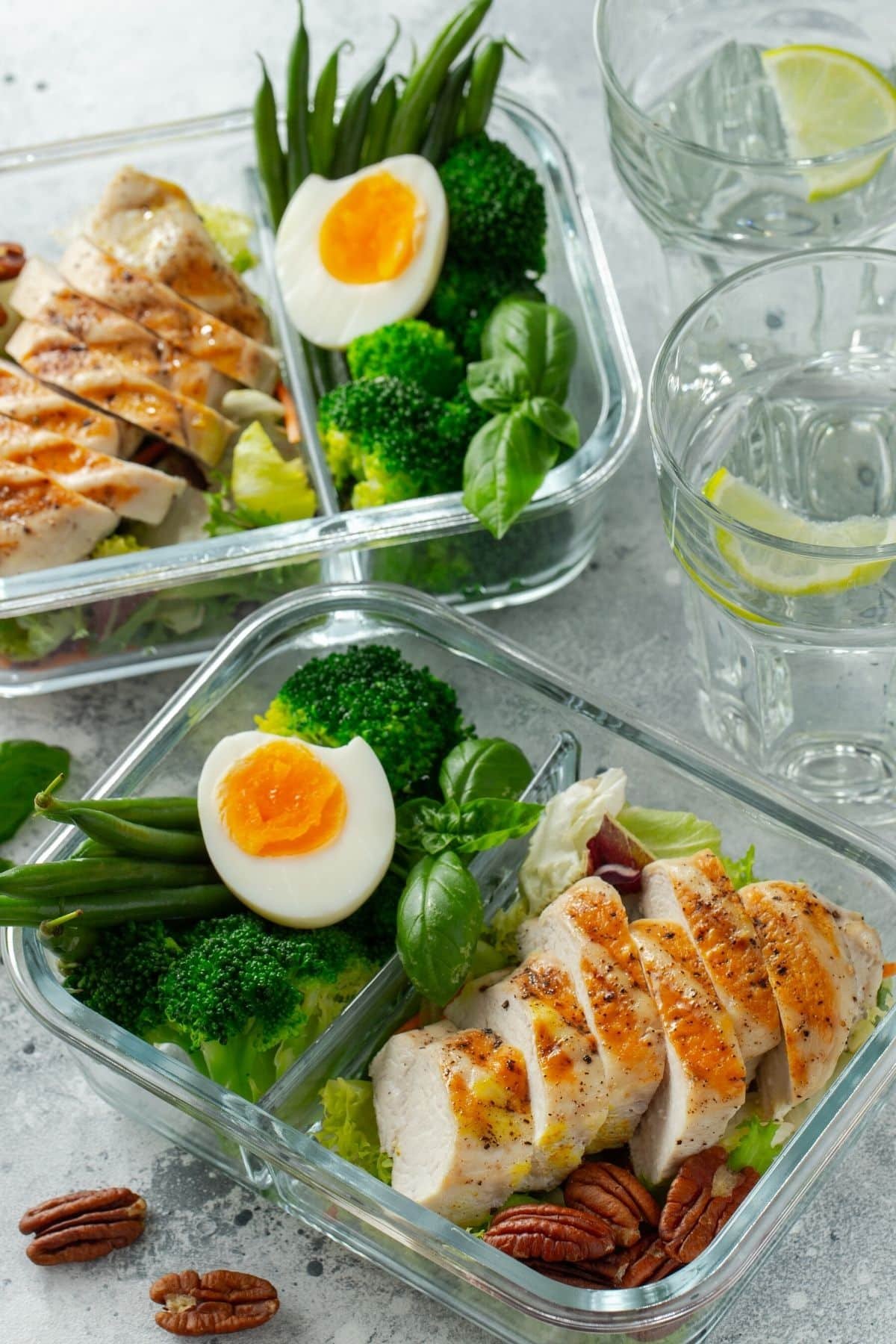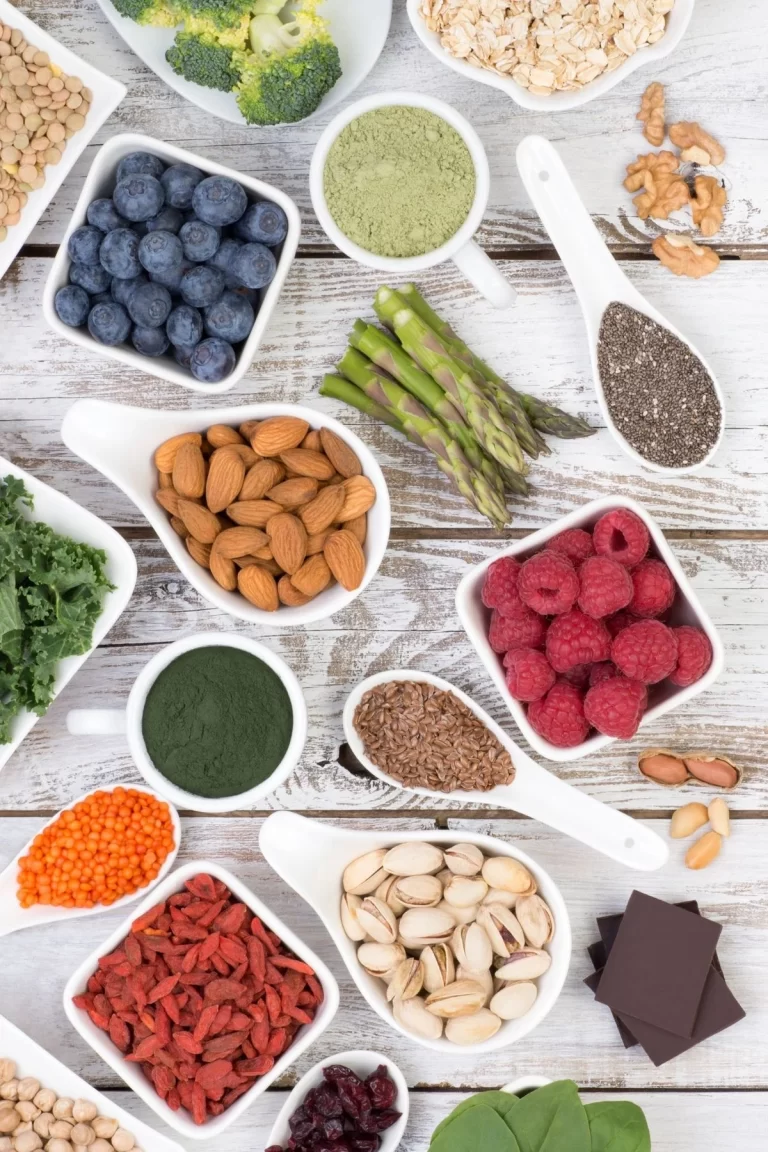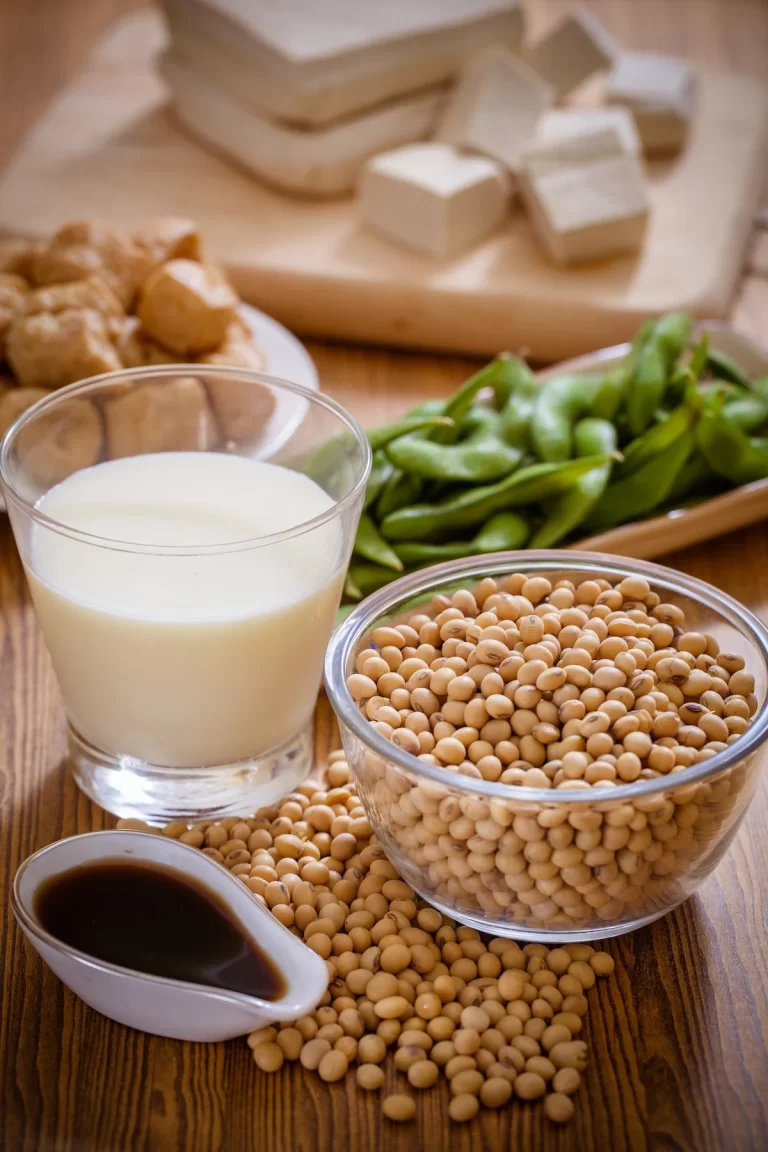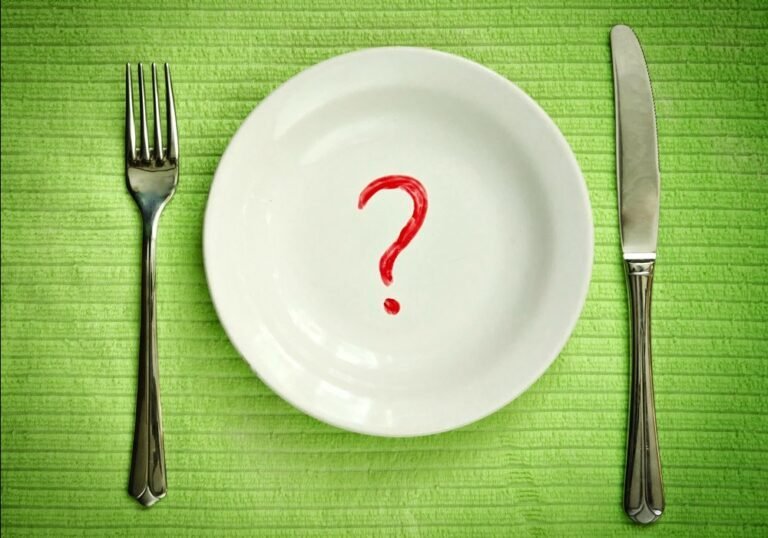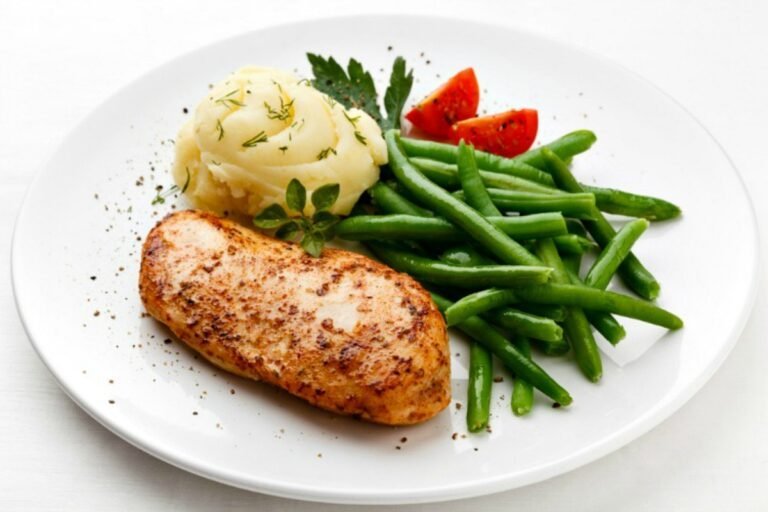Fertility Diet Recipes
Are you and your partner on the journey to parenthood? Perhaps you’re considering how your diet impacts your fertility. The Fertility Diet, a concept stemming from groundbreaking research, sheds light on how what you eat can affect your chances of conception. Here’s a breakdown of what you should know about optimizing your diet for fertility, along with some practical tips and recipes.
Understanding the Fertility Diet
The Fertility Diet is not just a book; it’s a concept that encompasses dietary guidelines aimed at enhancing fertility. Based on findings from the Nurses’ Health Study, it emphasizes the link between a woman’s diet and her ability to conceive. While the book offers detailed recommendations, functional health professionals also provide guidance on boosting nutrients vital for conception and pregnancy.
What to Avoid: The Worst Foods for Fertility
Certain foods can hinder your fertility journey. Here are some to steer clear of:
- Gluten: If you have Celiac disease or gluten sensitivity, avoiding gluten is crucial due to its potential to cause inflammation and disrupt hormonal balance.
- Alcohol: Alcohol consumption can impair hormone metabolism, affecting your body’s ability to conceive.
- Artificial Sweeteners: These may have adverse effects on fertility, so it’s best to avoid them.
- Excess Refined Carbohydrates and Sugar: These can lead to blood sugar imbalances, which may interfere with hormone regulation.
- Overly Restrictive Diets: Extreme diets can induce stress and reduce the chances of conception. Balance is key.
The Best Fertility Foods to Incorporate
On the flip side, certain foods can support your fertility journey by stabilizing hormones and providing essential nutrients:
- Foods Rich in B-Vitamins: These support energy levels and blood cell production. Include grass-fed red meat, eggs, avocados, berries, nuts, seeds, leafy greens, and legumes in your diet.
- Foods Rich in Iron: Iron is vital for preventing low birth weight and ensuring maternal health. Opt for grass-fed red meat, poultry, fish, nuts, seeds, and legumes.
- Foods High in Folate: Folate reduces the risk of neural tube defects. Prioritize foods like liver, lentils, spinach, strawberries, and asparagus.
- Foods Rich in Vitamin A: Essential for bone and teeth growth, sources include fish, organ meats, eggs, dairy, yams, pumpkin, carrots, and spinach.
- Foods Rich in Vitamin C: Support immune system development with citrus fruits, bell peppers, berries, cruciferous vegetables, and potatoes.
Conclusion:
Optimizing your diet can significantly impact your fertility journey. By avoiding harmful foods and incorporating nutrient-rich options, you’re setting yourself up for success. Remember, individual needs vary, so consult with a healthcare professional to tailor a plan that suits you best.
FAQs
1. How does diet affect fertility?
Diet plays a crucial role in fertility by influencing hormone balance, inflammation levels, and overall health. Nutrient-rich foods support reproductive function, while harmful ones can hinder it.
2. Can supplements enhance fertility?
Certain supplements, like folic acid and iron, can support fertility when consumed as part of a balanced diet. However, it’s essential to consult with a healthcare provider before starting any supplements.
3. Are there lifestyle changes that can improve fertility?
Yes, lifestyle factors such as maintaining a healthy weight, managing stress, and avoiding smoking and excessive alcohol intake can positively impact fertility.
